The ponds in the center of Rajshahi City are a symbol of the city's endangered natural heritage. These essential bodies of water have become fewer in quantity over time, raising questions about the long-term environmental health of the metropolis. Although the topic has gained attention due to recent court actions, media coverage, and administrative assurances, the fight to preserve the pond is still up in the air.
Over the past decade, the number of ponds in Rajshahi City has plummeted from thousands to a mere handful, with only 952 remaining a decade ago. Despite efforts to preserve these crucial ecosystems, the pace of their disappearance has accelerated, leaving residents grappling with the repercussions.
On August 8, 2022, senior lawyer Manzil Morshed took a significant step by filing a writ in the High Court, demanding the preservation of ponds in Rajshahi City. The court responded by directing key stakeholders, including the city mayor, the environment department, the deputy commissioner, and Rob, to take necessary measures to safeguard these ponds. However, despite the court's directives, conservation efforts faltered, exacerbating concerns among residents.
Media outlets in Rajshahi have been relentless in highlighting the urgency of pond preservation, amplifying public awareness and scrutiny. In response, the district administration initiated campaigns to protect the remaining ponds. However, these efforts faced obstacles as encroachment persisted, undermining conservation initiatives.
Recent developments have shed light on the encroachment of a significant pond area in Daira Park, once owned by Ghulam Mawla in Natore. The acquisition of this land by Abdul Halim, chairman of the Atbutizara Group, raised questions about the integrity of conservation efforts. Despite assurances from Halim regarding the pond's existence and lack of classification change, concerns persist over potential land filling.
Environmental officers, led by Rajshahi City Corporation Executive Magistrate Sadia Afrin, have launched investigations into the matter, vowing to take action if the pond is filled. However, bureaucratic hurdles and conflicting statements from officials have cast doubt on the enforcement of preservation measures.
Amidst these challenges, the fate of Rajshahi's ponds hangs in the balance. The impending decision on land classification and the actions of key stakeholders will determine the city's environmental resilience. Failure to preserve these ponds could exacerbate climate extremes, impacting the well-being of residents and the ecological integrity of the region.
As Rajshahi grapples with the threat of environmental degradation, the call for pond preservation echoes louder than ever. It is imperative for authorities, stakeholders, and the community to unite in safeguarding these invaluable water bodies for the benefit of current and future generations. Only through collective action can Rajshahi ensure a sustainable and vibrant environmental future.



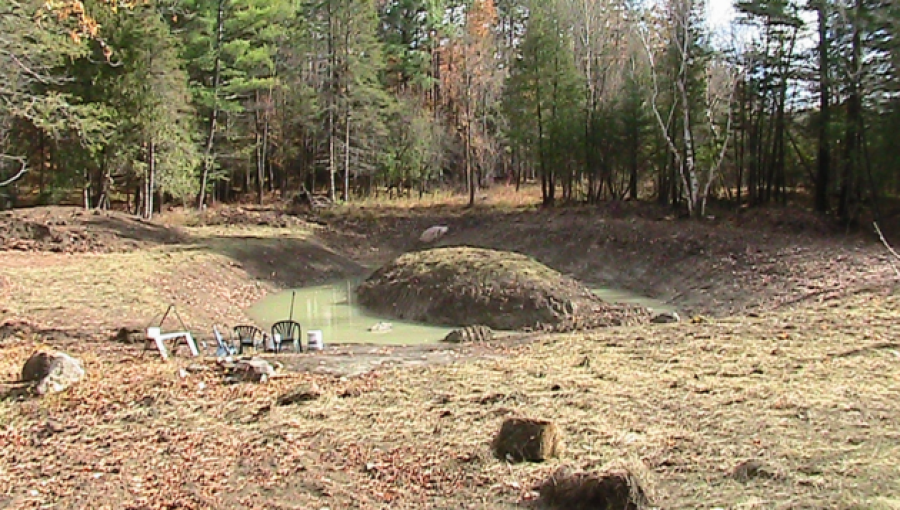






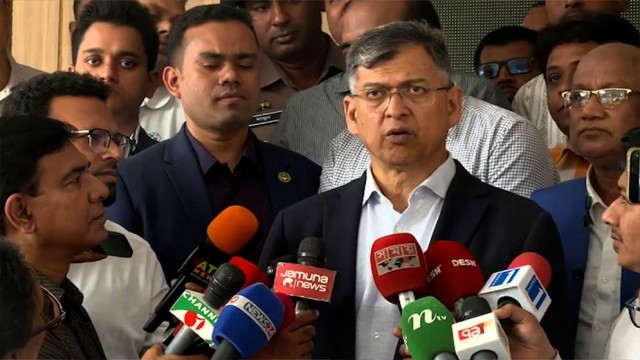
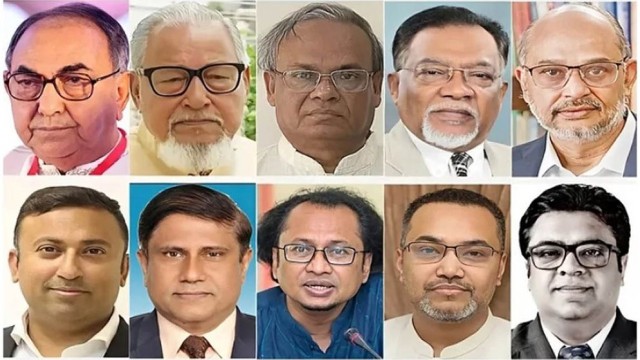



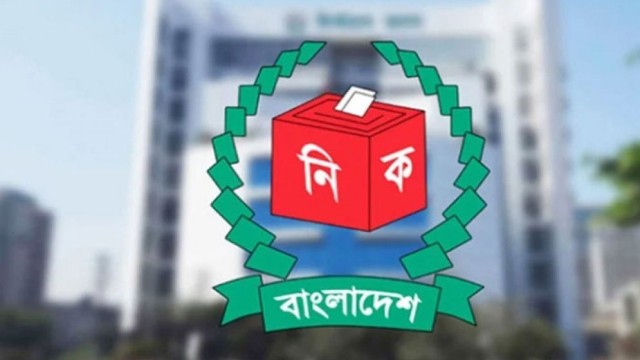
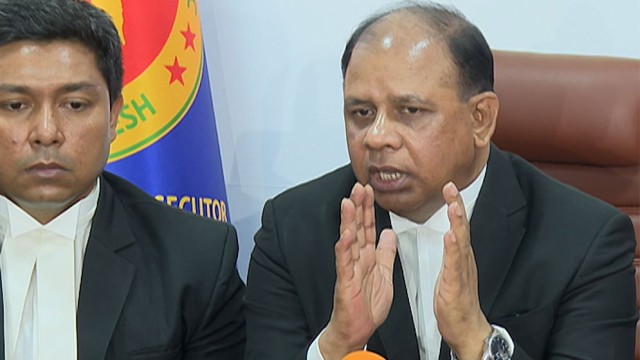


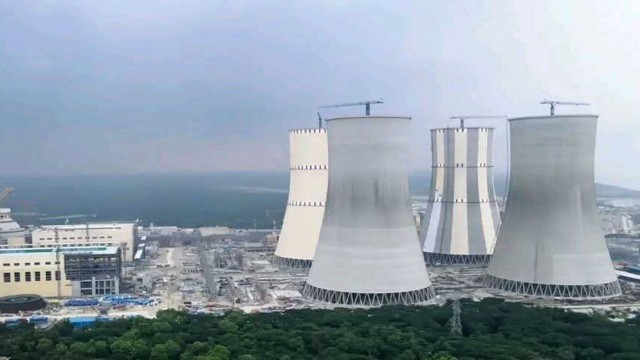











Comment: